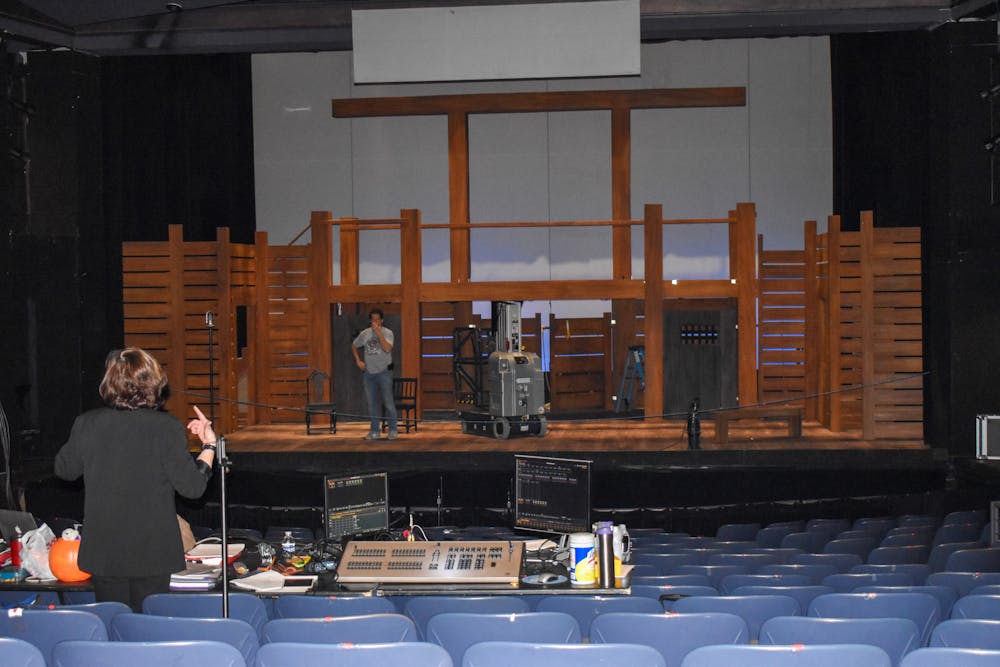The USC School of Music will present the tale of the Salem Witch Trials in opera form with its upcoming "The Crucible" production.
USC's School of Music will perform its production of an opera interpretation of Arthur Miller’s "The Crucible" at Drayton Hall Theatre from Nov. 4 to Nov. 6.
"The Crucible" was originally a play written by Arthur Miller in 1953. The opera is Robert Ward’s 1961 interpretation of Miller’s work. The work was completed by Bernard Stambler, who composed the libretto.
"The Crucible" is based upon the true events of the Salem Witch Trials in the 17th century. The fictional production follows the story of the colonial girl Abigail Williams and a group of other young girls, who create chaos within their town with accusations of witchcraft.
Miller wrote his play as a criticism of McCarthyism. He realized the importance of educating the people on the reality of fear-mongering and mob mentality.
“People are wrongfully accused of things now, and I think as students … we are a young generation," Veronica Rice, a second-year musical arts doctoral student and actor portraying Ann Putnam, said. "It's our responsibility to move forward with what we find is good for people."
26 people will work together to tell the story of the witch trials on stage.
"The Crucible" opera cast has a wide age range: the youngest cast member is an 11-year-old boy and the oldest performers include doctoral candidates, according to director and producer Ellen Douglas Schlaefer.
Students auditioned at the beginning of the semester and received the cast list shortly after, according to Payton Parker, a second-year graduate opera theatre student and actor portraying Abigail Williams. They each then began their own individual studies of their characters and lines.
They continued with lessons from their vocal coach and professor Lynn Kompass and worked on stage movement with Schlaefer. Rice said learning from Kompass benefited cast members' storytelling abilities onstage.
"(Kompass) is fabulous to work with because not only is she an incredible accompanist, but she's an amazing artist, and she works with you on your lyricism. She works with you on your text, especially since this opera is in English," Rice said. "It's imperative that we're telling the story still, even when we're speaking a language that most of the audience understands."
Cast members participate in stage rehearsals throughout the week, which they say have contributed to the success in making the opera seem more advanced than the typical student production, according to Schlaefer.
“It's my favorite part of being in a show," Parker said. "We put these shows on in such a short period of time. And to just think that a month ago, we were just starting staging rehearsals, and then, now, like next week, we're doing the whole show, and it's going to be over."
The cast and contributors say they hope that the USC students will be open to attending the opera.
“Life is a smorgasbord," Schlaefer said. "You got to try everything, so why not try the opera once?”

